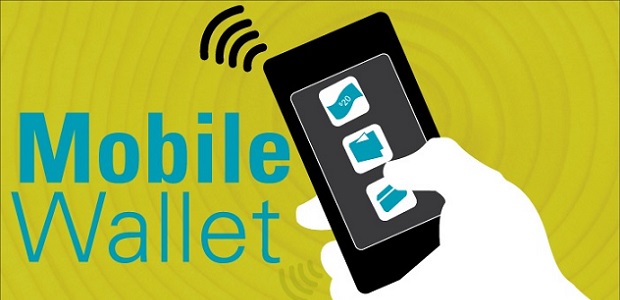
So far, no wallet issuer seems to have found the right combination of appealing features that enables the mass adoption of Mobile Wallets by customers – which in turn should fuel NFC payments. However, the business goal remains: one mobile device, one wallet. The Mobile Wallet represents a major challenge for mobile financial service providers, which has led to fierce competition for offering the best product that has resulted in a highly fragmented market.
Thus, in the short term a diverse set of mobile wallet technology offerings will continue to co-exist until customers and retailers decide which business model will dominate the market. Regardless of the specific model, wallets should be interoperable (open and ubiquitous), work on most mobile devices, payment networks, and be accepted by most merchants.
Mobile Wallets constitute a good example of the way innovation is becoming a focal point for payment system development and enhanced competition. Providing banks and other institutions with a broad range of strategic options for gaining market share, Mobile Wallets make it possible for organizations to join forces and issue cobranded wallets. These options include: a proprietary wallet connected to a proprietary platform developed using an organization’s own research and development; joint ventures; venture capital investment; and alliances to develop a proprietary or public ISO standard.
Each strategic option carries its own costs and benefits. However, as technology vendors, the SPA membership is concerned that a “wallet war” may result in excessive market fragmentation. We’ve already seen the lines of engagement being draw. Currently the market is populated by Google Wallet, SOFTCARD, MCX, Visa’s V.me Wallet, MasterCard’s MasterPass Wallet Services, Apple Passbook, PayPal and American Express’ Serve. The battlefield expanded last year with the 2014 launch of Apple Pay, and more recently through Samsung’s February 2015 acquisition of LoopPay.
This diverse set of wallet technology offerings will continue to co-exist until users decide which business model will dominate the market. However, the already high level of fragmentation raises the question as to whether an industry-led standard that contains a security framework and is flexible enough to accommodate different business models could boost adoption of the Mobile Wallet.
Creating viable business models for mobile financial services is challenging for everybody and minimizing the investment required for a new wallet solution is a key business requirement. Mobile Wallets should accommodate existing payment infrastructures or be designed to comply with a standard which does not exist at present.
The SPA believes that priority should be given to the development of this standard which should cover both the interoperable access and the life cycle management of Mobile Wallets – a point that has already been suggested in the SEPA for cards program.
The standard should establish a minimum set of additional functionalities; propose security and data protection requirements; elaborate on already existing specifications; and support competition by not necessarily addressing implementation details. This should lead to a downward trend in costs and prices for wallet users (both customers and merchants) and more choice and transparency for mobile financial services.
This paper discusses the nature and expected functionalities of the ideal Mobile Wallet. Download the full report here:
A competitive market for interoperable mobile wallets – An SPA Position Paper
Banking 4.0 – „how was the experience for you”
„To be honest I think that Sinaia, your conference, is much better then Davos.”
Many more interesting quotes in the video below: